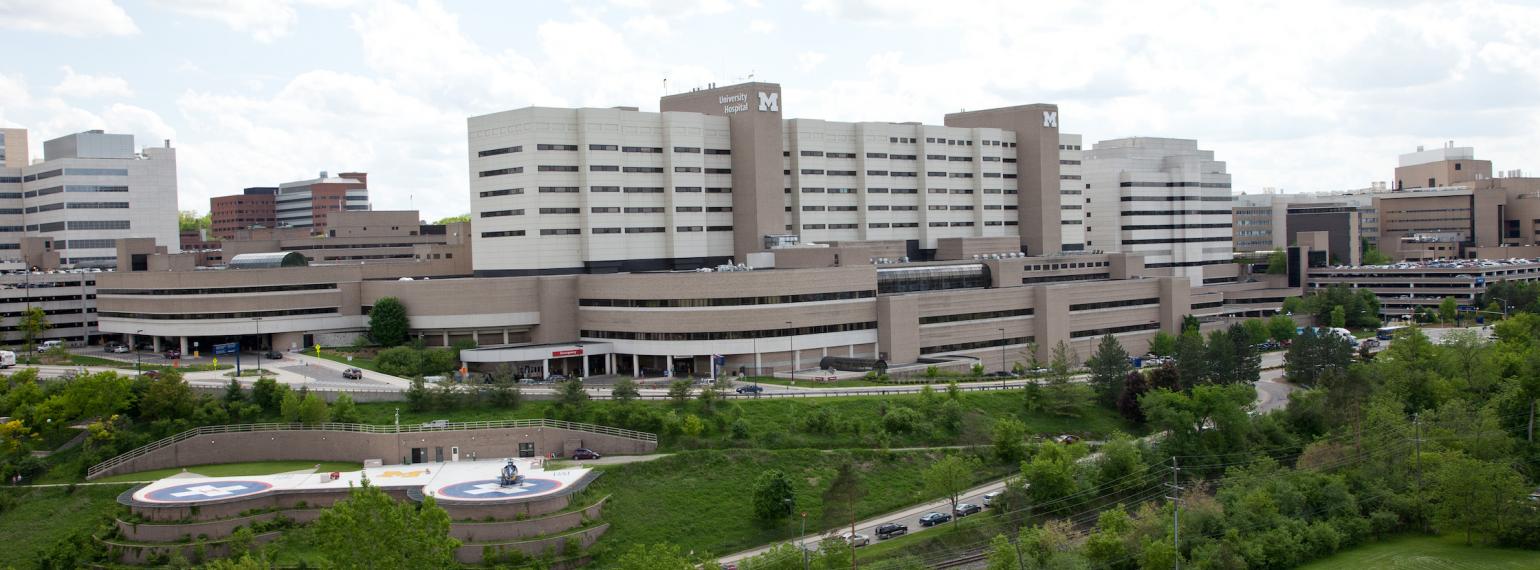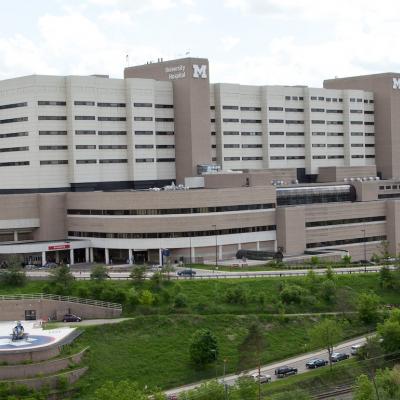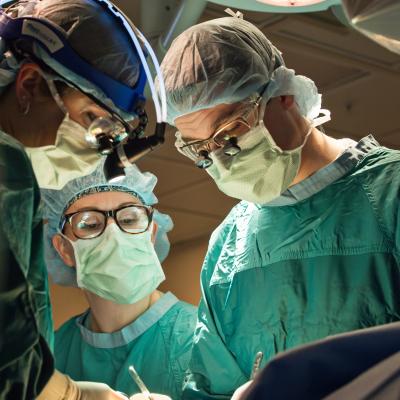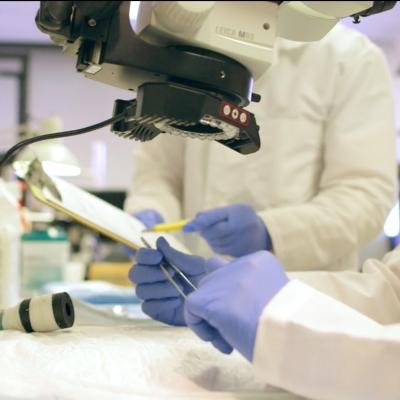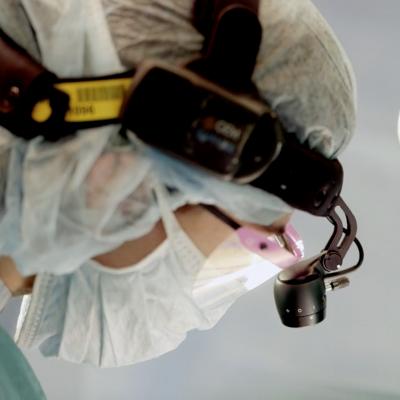The feedback loop between clinic and biomedical research at the University of Michigan Department of Surgery means we’re able to offer the latest advances in clinical care, from treatment for Hepatitis C to new immunosuppression protocols.
Our work with the Michigan Surgical Quality Collaborative, a statewide collaborative of surgeons sharing outcomes data, shows our commitment to improving care for patients over the long-term by using data to improve the way we practice medicine. This 10-year-old program has made Michigan the safest place in the country to have surgery, reducing complication and infection rates and shortening a patient’s hospital stay.
Hope for High-Risk Cases
Because of our high clinical volume, our decades of experience, and our experienced team of specialists, we can help people who’ve been turned down by other centers, including those with advanced heart or vascular disease, obese patients, and those who need kidney transplants but have high antibody levels in their blood.
We offer services that are not widely available elsewhere, including a paired kidney program that uses organ-matching software developed at U-M to pair donors with hard-to-match recipients, and a desensitization program for patients with too many antibodies. We’re also one of only 20 programs nationwide to offer liver transplant for bile duct cancer, a procedure that requires expertise in multiple disciplines, including radiation oncology, medical oncology, interventional radiology, surgery, and hepatology. Our patients also have access to clinical trials that are working to develop the best new treatments.
Treating the Whole Person
Our philosophy of care is to engage the patient as a partner, and one of the ways we do that is through our innovative Michigan Surgical and Health Optimization Program (MSHOP), which teaches patients to make small changes in daily routine — walking, mindful breathing, and healthful eating — in order to “train” for surgery, resulting in better post-operative outcomes.
Through the U-M Transplant Center, we also cultivate a community of transplant recipients with programs like our Camp Michitanki, a summer camp experience for pediatric transplant patients, and other educational and philanthropic events.

